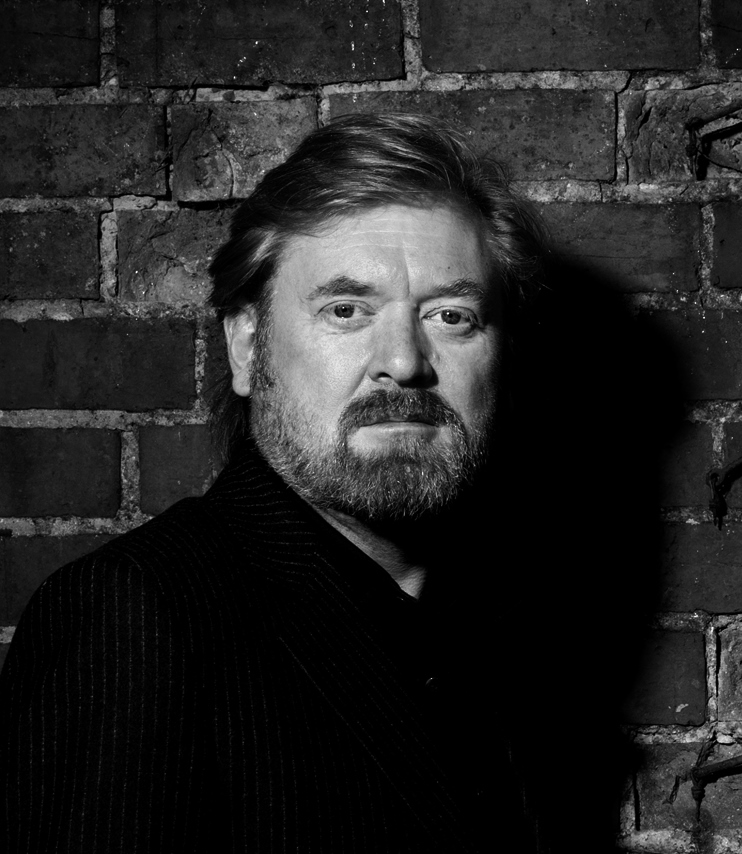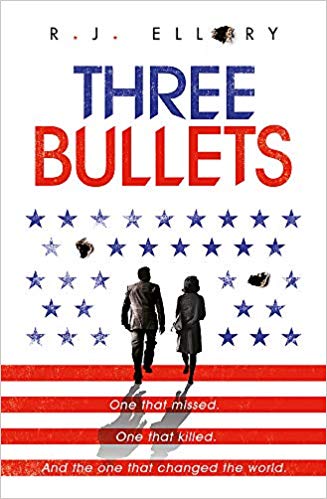
Looking back over the previous
fourteen novels I had published, there seemed to a common theme. Each and every
one of them was set against a very particular geographical and social backdrop.
Whether it was the Mafia in ‘A Quiet Vendetta’, the CIA in ‘A Simple Act of
Violence’ or issues concerning racism, segregation and the death penalty in
‘Candlemoth’, there seemed to be a very conscious interest in presenting not
only a cast of characters that was engaging and believable, but also a setting
that possessed substance and depth.
For me, a good novel is all about the
people. I want to read novels that make me feel a definite emotional
connection. I want to engage; I want to finish the thing and feel like I have
left friends behind, even crazy ones. I want to learn things that I didn’t know
before. I want to think about the book even when I am not reading it. So, if
that’s the kind of book I want to read, I guess that’s also the kind of book I
am forever trying to write.
After the publication of ‘Kings of
America’ I was having a discussion with my editor. He commented on the fact
that I had written about the Holocaust, World War II, Vietnam, the NYPD,
organised crime, Hollywood, the FBI and the Depression. Such diverse subjects
and narratives, but all presented from the Hitchcock-influenced perspective of
an ordinary individual in an extraordinary situation. He went on to ask me if
there was one particular event in which I possessed an interest that I had not
yet tackled.
The answer to that question was both
predictable and – at first – unrealistic: John F. Kennedy, the assassination
of.
There are so very many books about
Kennedy – both his life and untimely death. You would be hard-pressed to find
any other character in history about whose death there were more theories and
hypotheses. Kennedy has been written about and documented – both in film and on
television – to the point of saturation.
In truth, the only way I could thus
look at this event was from the viewpoint of what would have happened had he
not been assassinated.
And it was this notion – an alternate
history – that the story began. It took as much, if not more, research than any
other book, and though I am a self-confessed research junkie, this was research
from a very different angle. The projection of consequences from decisions, the
way in which history would have evolved had something not happened. It was the
proverbial butterfly effect, but in reverse. Had Kennedy arrived a moment
earlier or a moment later, had he been seated in a different position, had he
leaned forward at precisely the right moment to evade an assassin’s bullet,
then how would history have changed? Would American involvement in Vietnam have
been curtailed more rapidly? What would have transpired in the Kennedys’
seemingly vigorous efforts to rid the US of Italian-American organised crime
syndicates? And also – just as interesting and contentious - would Kennedy’s
numerous and seemingly unlimited sexual liaisons have been exposed, the King’s
crown tumbling from his head even as the House of Camelot crashed down around
him?
Safe to say, there will be no lack of
critics and naysayers. The myth of Kennedy stands to this day, and there are
those who believe he was the Golden Boy of American politics. I did not
necessarily start out with the intention of exploding that myth, but it seems
to be the lot of those who die young to have only their supposed greatnesses
survive. Kennedy was no monster, but he was certainly no champion. Kennedy was
possessed of the same flaws and faults as all human beings, and the old adage
of ‘Absolute power corrupts absolutely’ certainly applies when a closer look is
taken behind the scenes of the Kennedy dynasty. Joseph Kennedy, patriarch and
puppeteer, was a manipulator and corruptor of such staggering dimensions he was
almost comic book-grotesque. His life story was a textbook example of the
nature of egomaniacal self-centredness. That his eldest son, Joseph Jr. – the
one who was actually slated for president – was killed in action in the Second
World War, John and Robert then assassinated, Edward shamed and disgraced by
the Chappaquidick affair, the daughter drugged, shocked, lobotomised and then
hidden from the world, says a great deal about how thoroughly Joseph Snr. was
the victim of his own insanities and depravations.
Nevertheless, and for all that has
and could be said about Kennedy, ‘Three Bullets’ is a work of fiction. This is
an alternate reality, but – I hope – created with adequate truth and reason to
be believable.
What would have happened had Kennedy not been
assassinated is a question to which we will never know the answer.
History
presents him as forever young – smiling and confident, his beautiful wife
beside him, greeting well-wishers and shaking hands as he departs Love Field
and heads toward downtown Dallas in the presidential motorcade. Perhaps, when
all is said and done, we remember him this way because that is how we wish to
remember him.
We want to believe that for one brief and shining
moment, there really was a Camelot.

Orion (21 Mar. 2019) Hbk £19.99 Pbk June 8, 2019